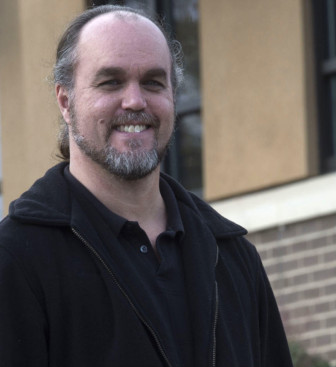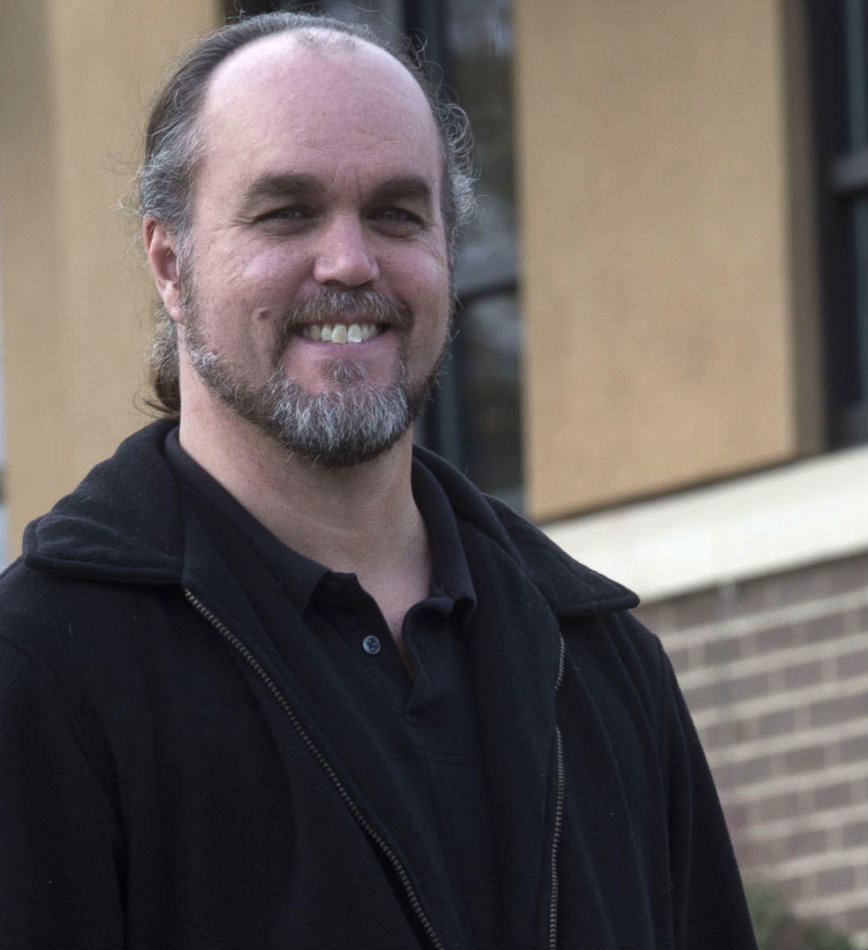 Sometimes justice happens in the system and sometimes it doesn’t. Our thinking about what justice is and where it happens is sometimes narrow, so I don’t really like the phrase “restorative justice,” even though I use it often. Why? Too many people associate it only with the police, courts, probation officers and other facets of the criminal justice system.
Sometimes justice happens in the system and sometimes it doesn’t. Our thinking about what justice is and where it happens is sometimes narrow, so I don’t really like the phrase “restorative justice,” even though I use it often. Why? Too many people associate it only with the police, courts, probation officers and other facets of the criminal justice system.
I prefer a bigger vision of justice, and I prefer to say “restorative processes,” especially when talking about schools, neighborhoods, churches and other places that make up community. What we need to learn, or perhaps relearn, is that justice happens everywhere and all of us have a stake in it. Justice doesn’t just happen in a vacuum but instead is part of the larger web of connectivity we all share.
One voice that traditionally gets short shrift in these discussions is that of youth. The ideas and concerns of kids are usually discounted, even though they are arguably the people most affected by the application of restorative processes in schools and juvenile systems. Processes that fail to take their voices into account aren’t fully restorative. They are what we might call “restorative-ish,” better than traditional approaches but still embodying imbalances in the traditional power structure.
One innovative program in New Orleans is taking a more fully restorative approach with exciting results. The Rethinkers is a youth-centered nonprofit that grew out of the destruction of Hurricane Katrina with the idea that “kids should have a voice in the schools that they go to every day.”
Each summer kids engage in an intensive series of workshops, then during the school year they lead “ReThink” clubs. Through participatory education and research kids organize and develop leadership skills while addressing issues they identify as needing attention. A four-step model allows them to explore, articulate, demonstrate and then facilitate with other kids.
A few summers ago they focused on restorative justice. New Orleans school kids at the time were four times as likely as the national average to be suspended and ten times as likely to be expelled according to the Southern Poverty Law Center. The kids noticed and research indicated that a lot of the incidents that lead to these consequences were minor. They believed that there had to be a better way.
Following their research and using presentations and skits The Rethinkers worked to convince administrators and teachers of the value of a restorative approach to discipline. With the help of the Center for Restorative Approaches six schools in New Orleans then adopted Community Conferencing as a response to discipline issues and other student conflicts. Kids also facilitated talking and reconciliation circles with high schoolers serving as mentors and facilitators.
The willingness of officials to take these kids’ voices into account has led to a better approach and better results for the schools and for the kids who go there. Perhaps with more examples like this, other schools around the country will let go of a little power and listen to their own kids.


























